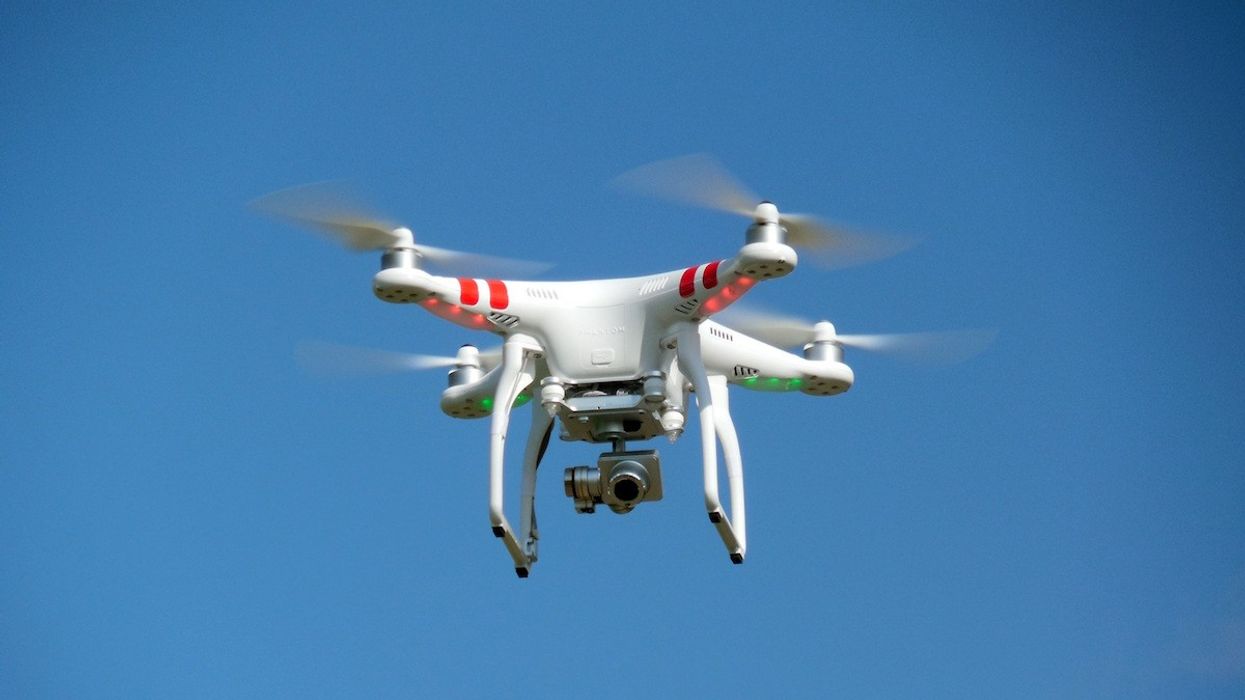Video: A Step-by-Step Walkthrough of Registering Your Drone with the FAA
Here's what you need to know about registering your drone with the Federal Aviation Administration.

The drone registry has been in effect for a year now and since then the FAA has seen over 600,000 new sUAS ((Small Unmanned Aircraft System) users added to their database. Now that the holiday season is over, those numbers are expected to rise even higher now that thousands of brand new drones have reached the hands of their new owners. If you're one of them and are new to aerial cinematography and the rules and regulations that go along with it, here's what you'll need to know about the process of getting your drone registered.
Now, you might've heard a lot about new rules that came into effect at the end of this summer that might be scaring you away from flying drones, like he one that requires pilots to pass a certification test before taking to the air. But before you start preparing for any exams it's important to figure out what kind of drone you have and what kind of user you are.
First of all, drones that weigh less than 0.55 lbs. do not need to be registered (that means any small toy drones, planes, copters, etc.). For those of you flying drones that weigh more than that, like the DJI Phantom 4, Mavic, or any number of others, you are required to register your drones, however the rules vary depending on whether you plan on using your drone for recreation or commercial purposes. In other words, are you going to be making money off of your drone use or not?
If not, you're considered a hobbyist by the FAA and only need to go through the super easy $5 registration you saw demonstrated above. If you are, you're not only going to have to provide the make, model, and serial number of each drone you're registering, but you're going to have to become a certified pilot. (It's really not as scary as it seems.)
But guess what—most of you drone users are hobbyists. If you're just using drones to capture shots for a film you're not going to shop around, or even if you decide to monetize your personal videos on YouTube, you are still considered a hobbyist and don't need to go through the whole rigamarole of passing an exam.
To learn more about the FAA's rules and regulations concerning drones and piloting a sUAS, check out our post here where it breaks it all down.
Source: FAA











